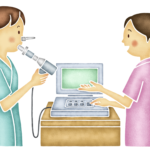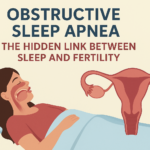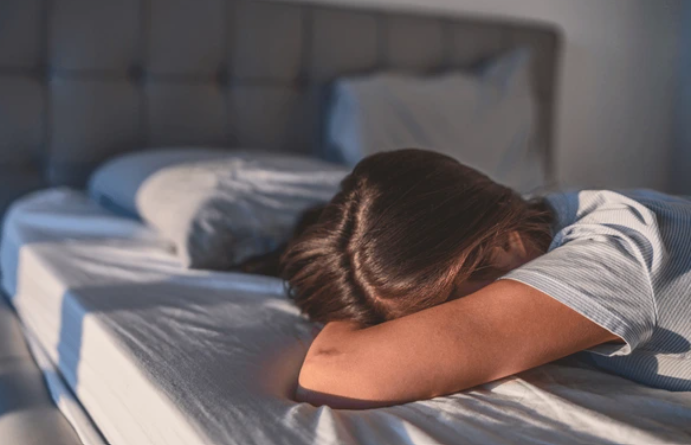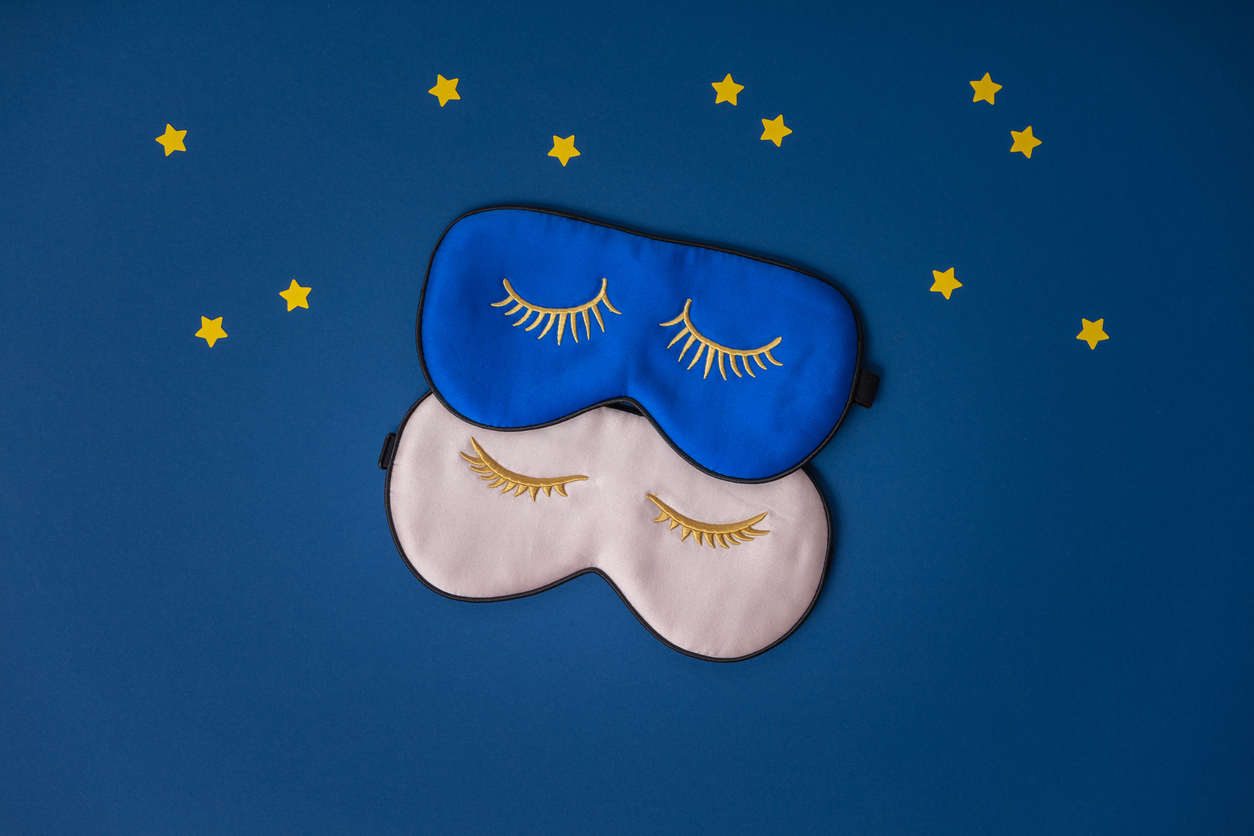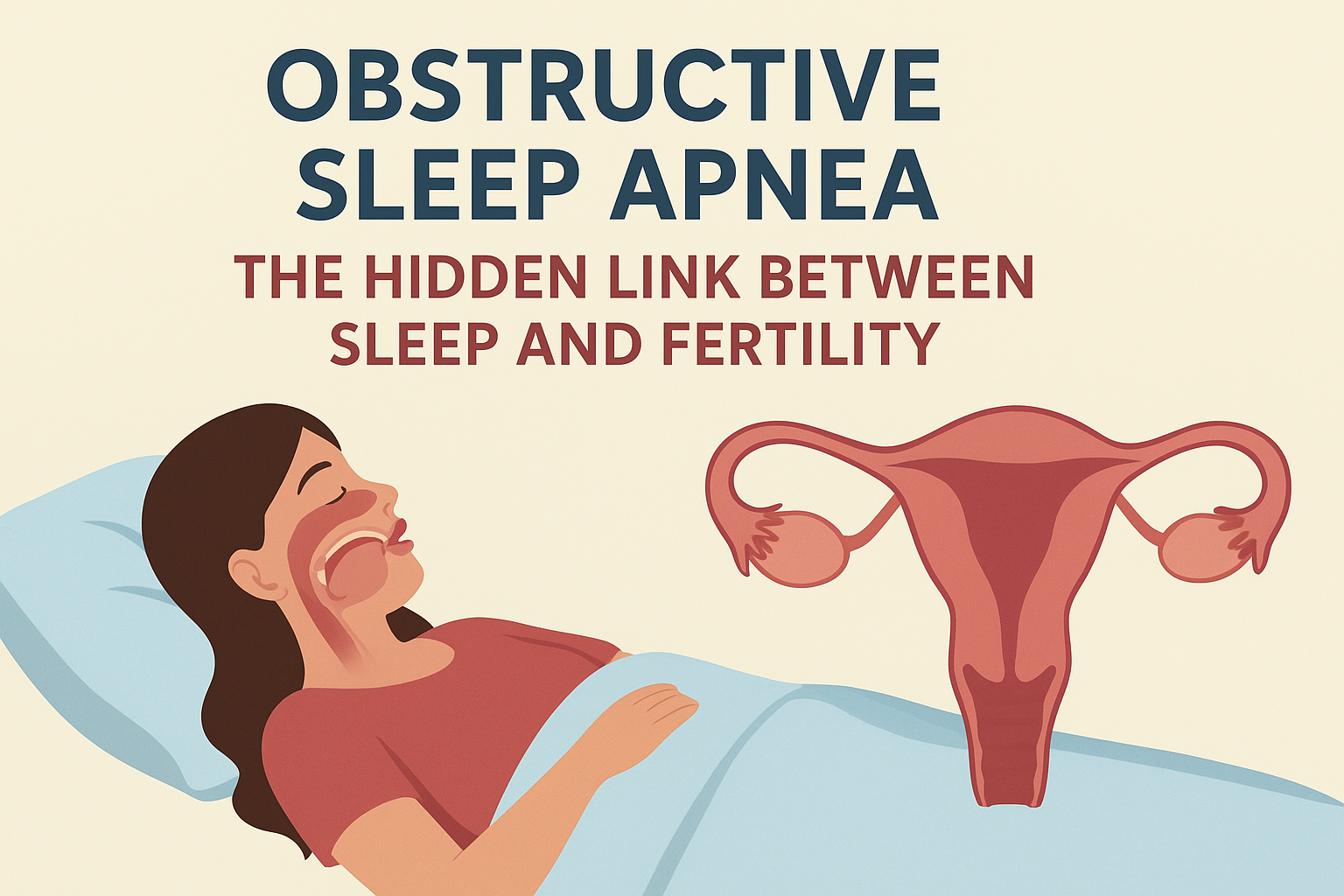25th March 2021 by Dr.Manvir & Saunri
Restless legs syndrome (RLS)
Restless legs syndrome (RLS), also known as Willis-Ekbom Disease, is a movement disorder in which an individual experiences an irresistible compulsion to move his or her legs due to abnormal, non-painful sensations such as throbbing, crawling, itching, pulling etc., at bedtime, which are relieved on movement. Studies have shown that RLS has a prevalence of 3 to 10% in India with higher susceptibility in women.
Diagnosis
The diagnosis of RLS largely depends on doctor’s evaluation of the patients’ symptoms and family history as there is no proper test available for its diagnosis. A blood test may be performed to detect iron deficiency and other disorders associated with RLS. It is extremely difficult to diagnose RLS in children as it is difficult for them to find the right words to explain their discomfort and hence it can remain undiagnosed for a long time.
Causes
Restless-legs syndrome can be of primary or secondary type. In primary RLS, the cause can be genetic or unknown (idiopathic RLS), while secondary RLS occurs due to certain disorders like end stage renal disease, celiac disease, rheumatic disease etc.
Though the exact cause of RLS is still unclear, it may occur due to any of the following reasons:
- Dysfunction of dopaminergic pathways: Dopamine is required for effective movement and dysfunction of any of dopamine pathways often results in involuntary movement. Parkinson’s patients have greater chances of developing RLS.
- Genetic component: Polymorphism in genes namely BTBD9 and MEIS1 have been shown to be associated with restless legs syndrome.
- Iron deficiency
- Peripheral nerve abnormalities
- Diabetes Mellitus
Management of RLS
The management of RLS depends on its severity. For patients with mild symptoms of RLS certain lifestyle changes such as avoiding tobacco, alcohol, eating meals rich in calcium, folate and iron can be helpful. Patients with severe RLS may require medications that improve the dopamine levels in the brain. Physical exercises like yoga, cycling, and swimming a few times a week can also help relieve symptoms. Iron supplements have also shown to be effective against RLS.
Restless legs syndrome is of serious concern as it severely affects patients’ sleep, causes daytime sleepiness, and also influences their mental health and social life. RLS patients often find it difficult to concentrate and perform daily tasks. Hence, in case one notices any of the symptoms, one must not hesitate to consult a doctor who may prescribe suitable medications.
To seek help or know more about Restless Leg Syndrome, you can visit the Neurology and Sleep Centre, the 1st sleep centre in the country accredited by Indian Board of Sleep Medicine at L-23, Hauz Khas Enclave, New Delhi, Delhi-110016 (INDIA)
Or give a call on +91-11-46070321, +91-9643500270,
Or write to info@neurologysleepcentre.com




